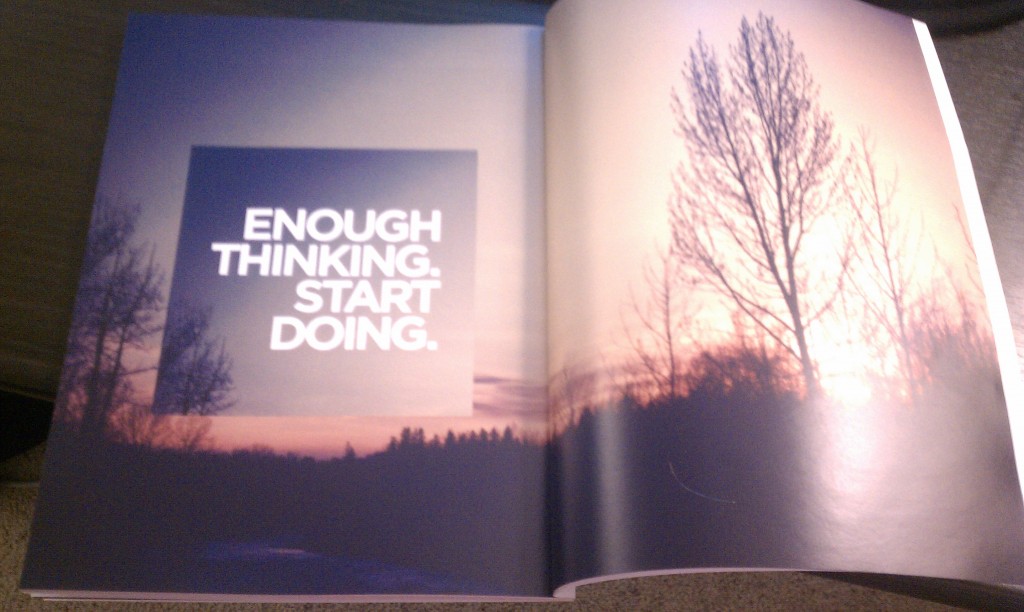Speed
I’ve been thinking a lot about the properties of excellent user experiences that transcend industries and market changes. I think speed is one of the requirements for a positive user experience. In other words, modern software applications need to have speed in order to retain users. Speed is a requirement because users expect to quickly get what they want.
The absence of speed is slowness, and the pains of slow software have become intolerable. I cringe when it takes minute(s) for iTunes to burn a CD. If modern computing equipment gives us all of processing power we need to run applications quickly, your application no longer has an excuse to be slow. Speed is a requirement.
Let’s put speed into perspective: Time is the greatest equalizer. We all have the same amount of time and we all want to do more things with less time. So, if you sell me a service that prevents me from wasting time doing something else, then you already have a compelling value proposition.
Greplin allows me to quickly search all of my accounts online. Amazon allows me to buy and download a whole book in one-click. Stripe allows you to install payments on your site quickly. Uber picks you up faster than any cab company. CrowdTilt let’s me quickly collect money from my friends. Mixpanel lets me track events in real-time. Spotify let’s me play any music without having to download the track. FedEx guarantees my shipments will be delivered overnight.
We are buying access to speed. For example, Amazon doesn’t win my business because they have the greatest selection. Amazon wins my business because they give me free two-day shipping on all of the products I order.
Even Paul Graham, founder of Y Combinator, recently chimed in on this subject:
If you made something no better than GMail, but fast, that alone would let you start to pull users away from GMail.
GMail is slow because Google can’t afford to spend a lot on it. But people will pay for this. I’d have no problem paying $50 a month. Considering how much time I spend in email, it’s kind of scary to think how much I’d be justified in paying. At least $1000 a month. If I spend several hours a day reading and writing email, that would be a cheap way to make my life better.
I recall my high school crew coach repeatedly saying “Speed kills. Seek speed.”. We were in a constant race against the clock and higher speed was the mechanism for reducing our time. All of the coaching, race plans, technique adjustments, and rigging configurations were optimized to produce the greatest speed. As you might be able to tell, higher speed was not always a direct result of higher power. All of the rowers in the boat need to sync with the rhythm of the boat in order to achieve the highest speed. Competing on brute power and strength is not a strategy for success.
I believe the analogy can be applied to software applications (and businesses in general). There’re many moving parts in any particular software application and they all need to be configured correctly to reach the highest possible speed. From a high level we all have fairly similar processing power and internet connection rates. The difference lies within the software developers that make a user experience optimized for speed.
Speed is a requirement. Always seek speed.

